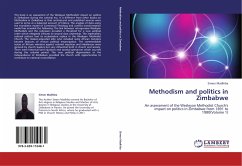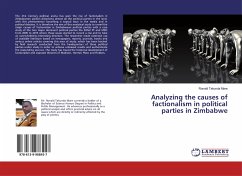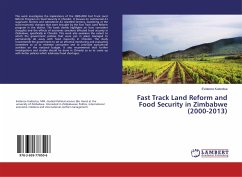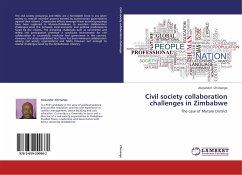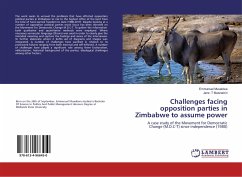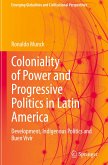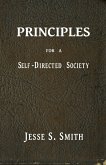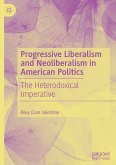This book is an assessment of the Wesleyan Methodists' impact on politics in Zimbabwe during the colonial era. It is different from other books on Methodism in Zimbabwe in that archival,oral and published sources were used to arrive at a balanced account of history. The analysis of data using the translation model of Contextual Theology and conflict transformation model has unveiled the following: The link between retrogressive Wesleyan Methodists and the colonisers provided a threshold for a new political order which relegated Africans to second class citizenship. The imperialistic colonial pattern had its ecclesiastical replica in the Wesleyan Methodist Church. The mission-educated elite who included some African ministers became beacons of African political emancipation. The commendable voices of African ministers against colonial injustices and imbalances were ignored by church leaders but very influential both in church and society. There were historical land injustices and societal grievances which ocurred during the colonial period. The new political dispensation at the independence of Zimbabwe provided the church with opportunities to contribute to national reconciliation
Bitte wählen Sie Ihr Anliegen aus.
Rechnungen
Retourenschein anfordern
Bestellstatus
Storno

